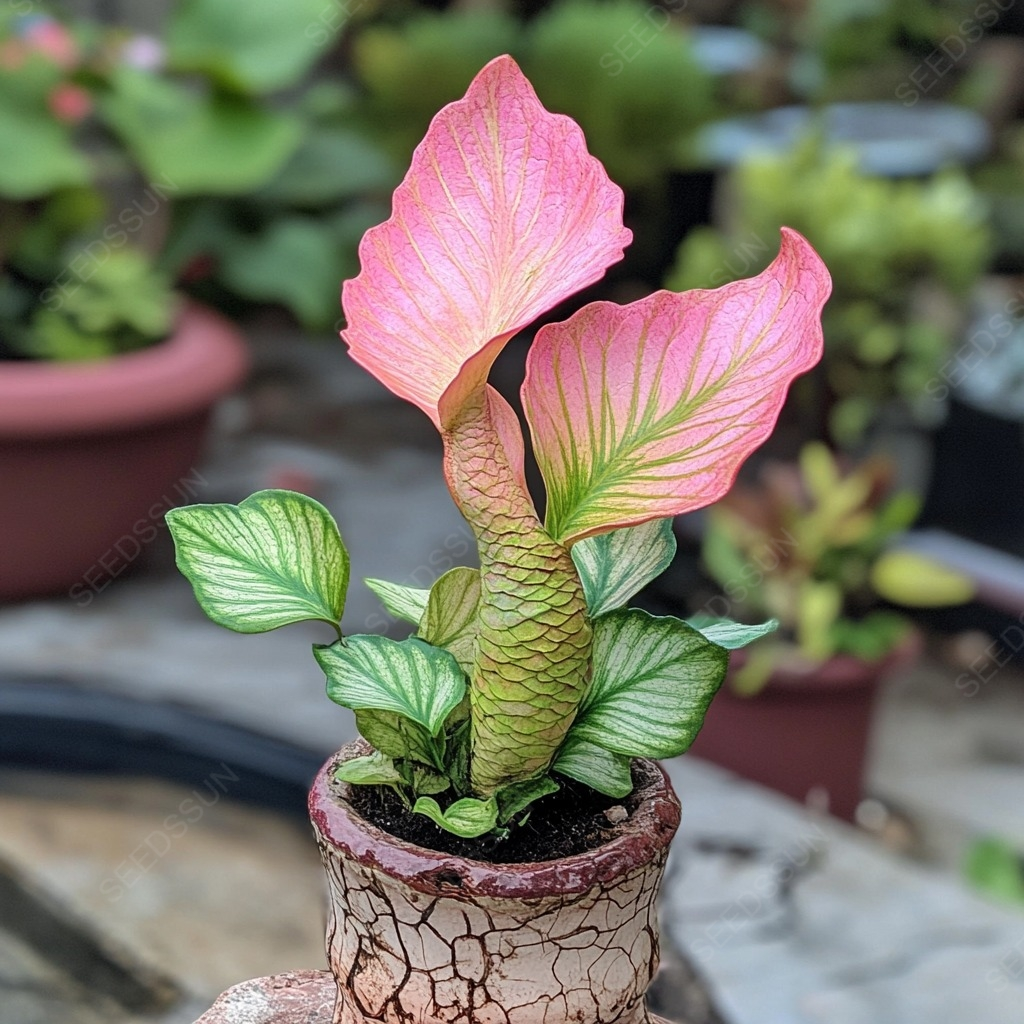Delicious "Brussels sprouts", mastering the overwintering cultivation technology, the meat is tender and easy to obtain high yields
Brussels sprouts are a variety of the Brassicaceae family. Brussels sprouts have upright stems and the plant looks very similar to Brussels sprouts. The plant is tall and has no central leaf bulb. There are many small leaf bulbs between the leaf axils, like seeds attached to the mother's arms, hence the name Brussels sprouts. Depending on the size of the bulb, Brussels sprouts can be divided into two types: large Brussels sprouts and small Brussels sprouts. Large Brussels sprouts have bulbs greater than 1 cm in diameter, while small Brussels sprouts have bulbs less than 1 cm in diameter. Brussels sprouts can be eaten in a variety of ways, including stir-fried, fresh, frozen, etc.
Brussels sprouts are high in protein, vitamins and other nutrients, and are crispy and delicious. Overwintering cultivation and planting technology are the main cultivation methods currently promoted. It can not only ensure the high quality of Brussels sprouts, but also improve land utilization. Next, the agricultural doctor summarized the efficient overwintering cultivation techniques of Brussels sprouts as follows, for the reference of growers only.
Brussels sprouts’ requirements for growing environmental conditions
- temperature
Brussels sprouts like cold weather and tolerate frost but not high temperatures. Under the cool environmental conditions of autumn, with plenty of sunshine during the day and light frost at night, the quality is best. Under high temperature conditions, the small leaf balls of the plant are prone to rot, leading to cracking and poor quality. Under high temperature and strong sunlight conditions, growth and development are stunted and pests and diseases are prone to occur. During the growth period of Brussels sprout leaves, a slightly higher temperature is required, with an average temperature of about 20 degrees, which is beneficial to vegetative growth. If the temperature drops to 15-16 degrees, the growth of plant stems and leaves will be inhibited. Brussels sprouts require cooler temperatures during their bulb growth stage. The suitable temperature is 10-13 degrees, which is conducive to the formation of leaf balls and the accumulation of nutrients. When the ambient temperature is higher than 23 degrees, it is not conducive to the formation of leaf balls.
- illumination
Brussels sprouts are not strict about light requirements, but if there is enough light, the plant will grow vigorously and the leaf balls will be tight; if there is insufficient light, the plant will easily become leggy, the internodes will become longer, and the leaf balls will become smaller.
- Moisture
Brussels sprouts are not drought tolerant, so water them regularly and keep the soil moist but not waterlogged. Brussels sprouts have different water needs at different stages of growth. In the early stages of stem and leaf growth, the soil and air are required to maintain appropriate humidity. However, if there is too much rainfall during the seedling stage and the soil is too moist, it will easily lead to root rot and death. On the contrary, if it is too dry, the seedlings will shrink, weaken or die. When the plant grows to more than 10 leaves, its growth changes from weak to strong, it can basically withstand adverse growth conditions, and its growth tends to be vigorous. In the middle and late stages, dry air is conducive to the formation of plant leaf balls..jpeg?w=735&h=888)
- soil
Brussels sprouts are extremely adaptable to soil and prefer slightly acidic soil, with a suitable pH value of 6-6.8. Brussels sprouts grow in sandy loam rich in organic matter during the seedling stage; when planting, try to choose clayey loam with deep soil and high organic matter content.


![[Rare Species] Giant Dragon Bamboo Seeds](https://img-va.myshopline.com/image/store/1699946802271/Giant-Dragon-Bamboo-Seeds-2.png?w=800&h=800)

-3.jpeg?w=1200&h=1200)

.jpg?w=2000&h=2000)
















-2.jpeg?w=1200&h=1200)







.jpeg?w=960&h=640)
.jpeg?w=960&h=640)
